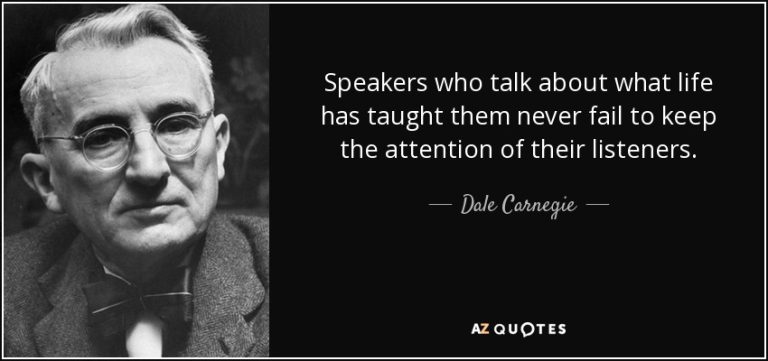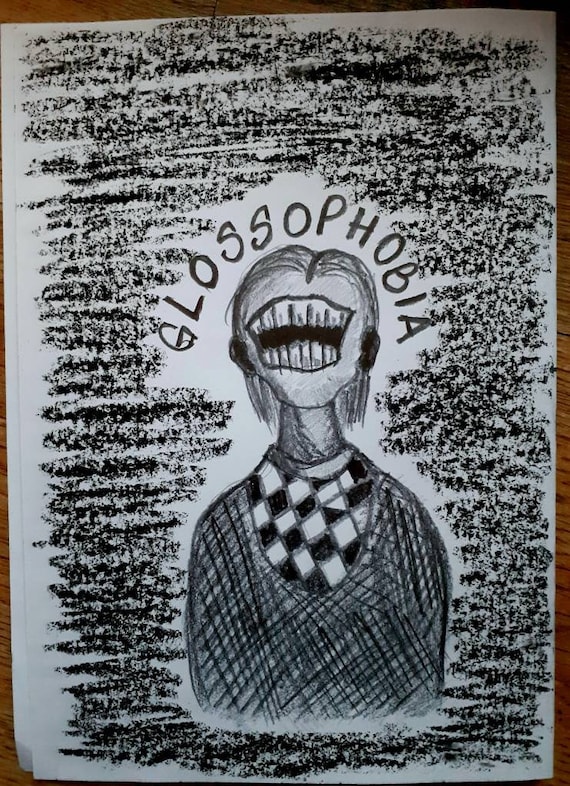Is Glossophobia Genetic?
Glossophobia may arise due to a combination of genetic tendencies and other environmental and psychological factors. People with glossophobia may have a genuine fear of embarrassment or rejection, which may be influenced by their prior experiences.

Credit: www.medicalnewstoday.com
Understanding Glossophobia
Glossophobia, or the fear of public speaking, may have a genetic basis combined with other factors. Those who experience glossophobia may have a genuine fear of being embarrassed or rejected while speaking in front of others. Additionally, glossophobia can be influenced by past experiences.
It is estimated that around 75% of people experience speech anxiety, making it one of the most common phobias. Glossophobia often begins to manifest around the age of 13, along with other social fears. Understanding the causes and symptoms of glossophobia is important in order to facilitate appropriate support and treatment for those affected.
Factors Influencing Glossophobia
Glossophobia, or the fear of public speaking, may have a genetic component along with other factors. People who experience glossophobia may have a genuine fear of being embarrassed or rejected, which could be influenced by genetic tendencies. Additionally, glossophobia can be shaped by environmental factors, such as previous experiences, that contribute to the fear.
Psychological factors, including anxiety and self-confidence, also play a role in glossophobia development. It is important to consider the interplay between genetics, environment, and psychology when examining the factors that influence glossophobia. Understanding these factors can help individuals and professionals develop strategies to manage and overcome glossophobia.
Is Glossophobia Genetic?
Glossophobia, or the fear of public speaking, may have a genetic component. Research on the genetic basis of glossophobia has uncovered genetic markers that may be associated with the condition. Family studies have also indicated that glossophobia may run in families, suggesting a genetic link.
However, glossophobia is not solely determined by genetics. Environmental, biological, and psychological factors can also play a role in the development of this fear. People who fear public speaking may have a real fear of embarrassment or rejection, which may be influenced by their prior experiences.
While more research is needed to fully understand the genetic basis of glossophobia, it is clear that both genetic and non-genetic factors contribute to this common phobia.
Frequently Asked Questions Of Is Glossophobia Genetic?
What Causes Of Glossophobia?
Glossophobia may be caused by a combination of genetic tendencies and environmental, biological, and psychological factors. It can also be related to prior experiences of embarrassment or rejection.
What Age Is Glossophobia Most Common In?
Glossophobia is most common in people around the age of 13 and is estimated to affect 75% of individuals, making it a widespread phobia.
When Does Glossophobia Start?
Glossophobia typically starts around age 13 and affects about 75% of people.
Can Glossophobia Be Prevented?
Glossophobia may be prevented by addressing fear and building confidence through therapy and practice.
Conclusion
To sum up, glossophobia, the fear of public speaking, is not solely genetic but rather a combination of various factors. Although there may be a genetic disposition towards anxiety and phobias, glossophobia can also be influenced by environmental, biological, and psychological factors.
Individuals who have had negative experiences or fear embarrassment or rejection are more likely to develop glossophobia. It is important to acknowledge that glossophobia is a common fear, with an estimated 75% of people experiencing speech anxiety at some point in their lives.
While glossophobia often begins in adolescence, it can affect individuals of all ages. Understanding the underlying causes and contributing factors of glossophobia can help individuals seek appropriate treatment and overcome their fear of public speaking. By addressing the root causes and seeking support, individuals can develop the confidence and skills necessary to overcome glossophobia and excel in public speaking situations.
So, if you struggle with glossophobia, remember that you are not alone and there is help available to overcome your fear.





